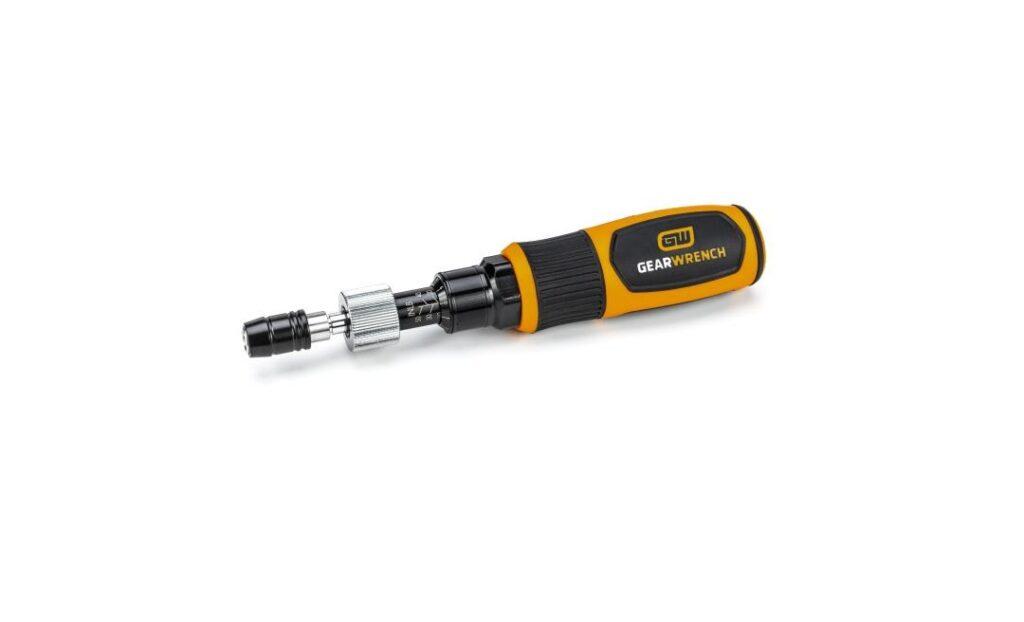We’ve all heard the warnings about torque screwdrivers—that they can cause serious injury if used incorrectly. But are these warnings really accurate? In this article, we will explore the accuracy of torque screwdrivers and how you can use them safely. We will also provide a few tips on how to use them properly so that you aren’t putting your safety at risk.
Torque screwdrivers are used to loosen screws
Torque screwdrivers are used to loosen screws. They are accurate to within a few percent of the desired torque. That said, there is always the potential for over-tightening, which can cause damage to the screw and/or the tool. To avoid this, use a torque wrench whenever possible.
Torque screwdrivers come in a variety of shapes and sizes
Torque screwdrivers come in a variety of shapes and sizes, but most share a common feature: a head with many sharply-pointed blades that grip screws tightly. When you are screwing something tight, accuracy is key—otherwise, you could strip the screw or break the bolt.
There are two main types of torque wrenches: standard and digital. Standard wrenches use an analog dial to read torque, while digital wrenches have a screen that displays the torque. While both types can be accurate, digital wrenches are typically more so because they can keep track of your progress as you tighten the screw.
Standard wrenches usually range in size from 1/4 to 3/8 inch wide, while digital wrenches usually come in sizes ranging from 1/32 to 4 inches wide. Torque screws vary in length from about 1/8 inch to 2 inches, so it’s important to choose the right size wrench for the job. And since different bolts require different amounts of torque (a 20-foot bolt requires much more force than a 2-inch bolt), it’s always best to refer to your manufacturer’s instructions before starting any project.
There are different types of torque screwdrivers, including ball-end, hex-head, and Torx screwdrivers
Torque screwdrivers come in a variety of shapes and sizes, each with a specific application in mind. Ball-end torque drivers are the most common type and typically use concave balls to apply torque. Hex-head torque drivers have a hexagonal head that helps grip screws, while torx drivers have a T-shaped design that is better for removing screws. All three types of torque drivers offer varying levels of accuracy and precision.
Ball-end torque drivers are generally more accurate than hex-head or torx drivers, but they may not be as versatile. Hex-head torque drivers can handle a wider range of screws, but they’re less accurate than ball-end torque drivers. Torx drivers are the most accurate type of torque driver and are often preferred for applications where precision is key.
Torque screwdrivers can be categorized by their drive type, which is either electric or manual
There are two types of torque screwdrivers for electricians and manual. Manual torque screwdrivers use a hand crank to apply torque, while electric torque screwdrivers rely on an electric motor to provide the power.
The type of drive determines how accurate the torque wrench is. Electric torque wrenches are usually more accurate than manual ones, but they can also be less accurate due to manufacturing tolerances. Manual torque wrenches are usually more accurate, but they can be less precise if the user isn’t careful.
Torque screws range in size from 3/8″ to 2-1/2″, so it’s important to get a wrench that is appropriate for the size of screws you’re using. The most common size for screws is 1/4″, and many wrenches in this size range include both an electric and a manual drive option.
Torque screwdriver accuracy is determined by the type of head it has and how well it grips the screw head
Torque screwdrivers are used to apply pressure and torque to screws in order to loosen them. The amount of torque that can be applied is based on the type of head on the torque screwdriver and how well it grips the screw head. Torque screwdrivers with a ratcheting action are more accurate than those without, as they use a cam mechanism to increase or decrease the torque applied.
Some factors that affect accuracy include:
-The type of grip the torque screwdriver has on the screw head
-The diameter of the screw head and shaft
-The condition of the screws being tightened
